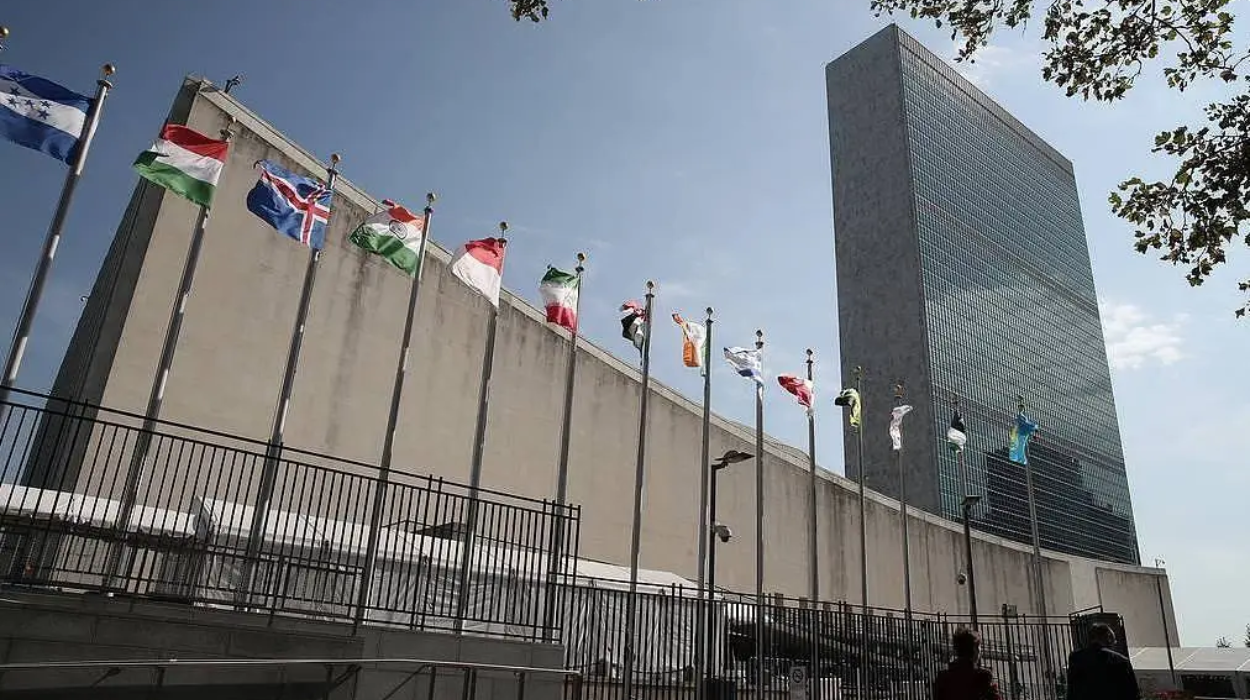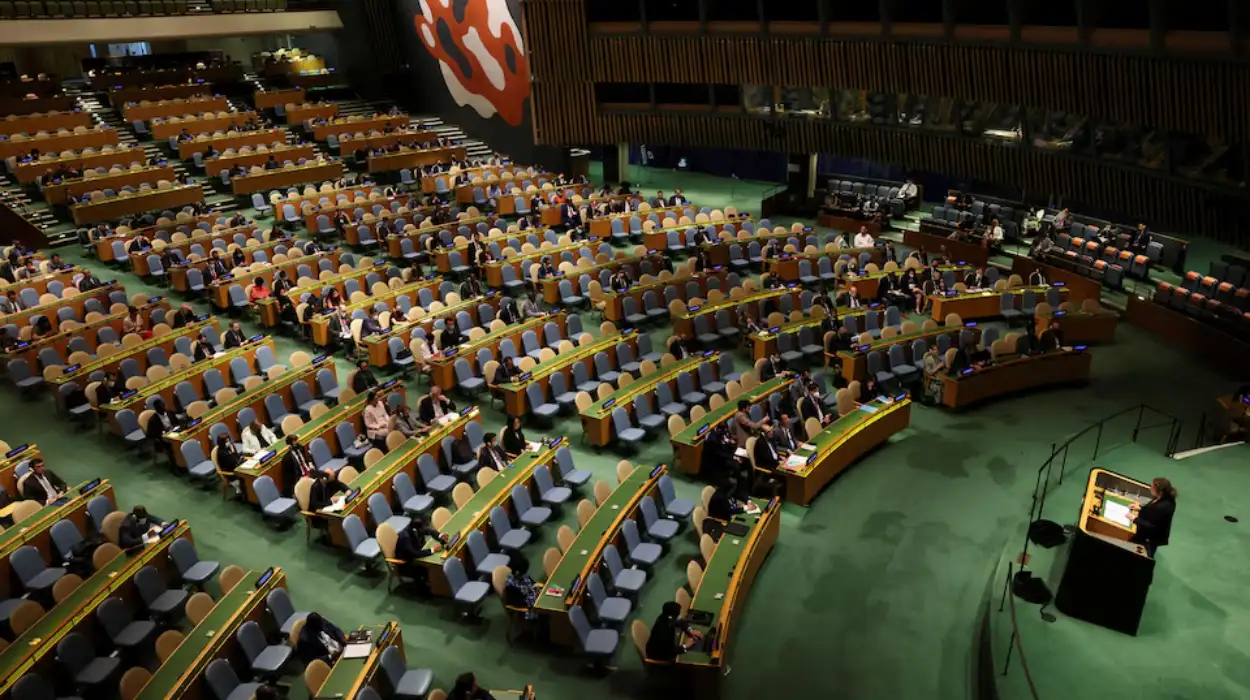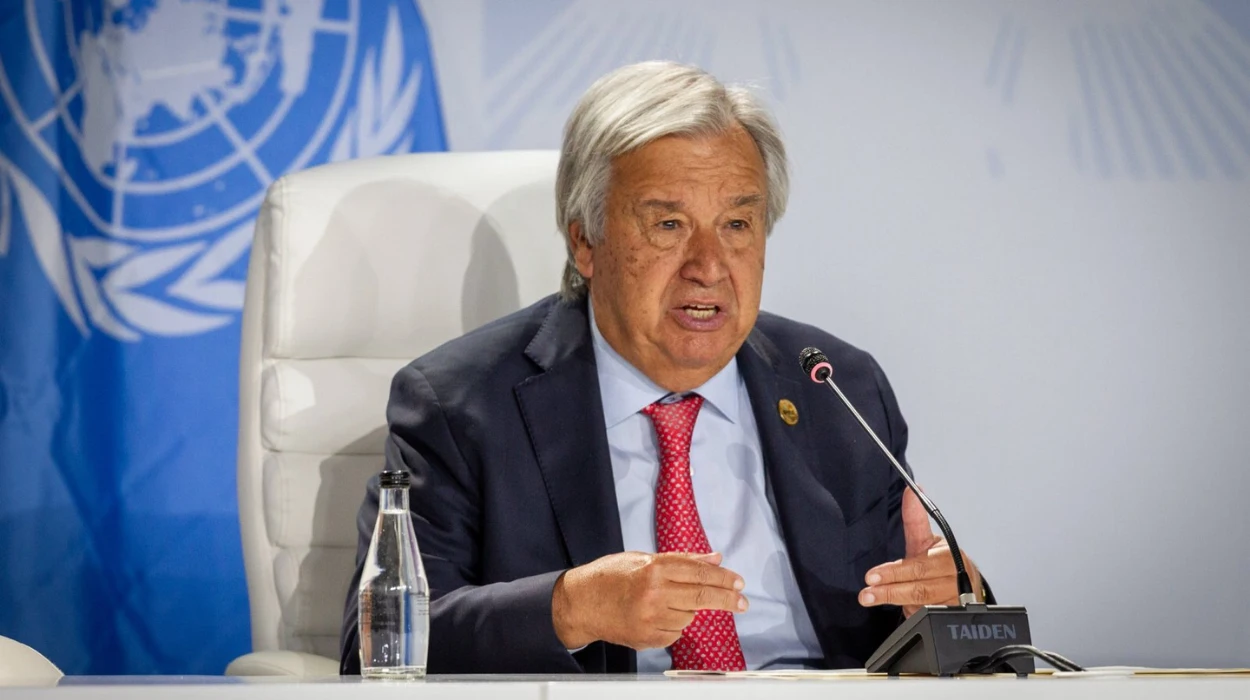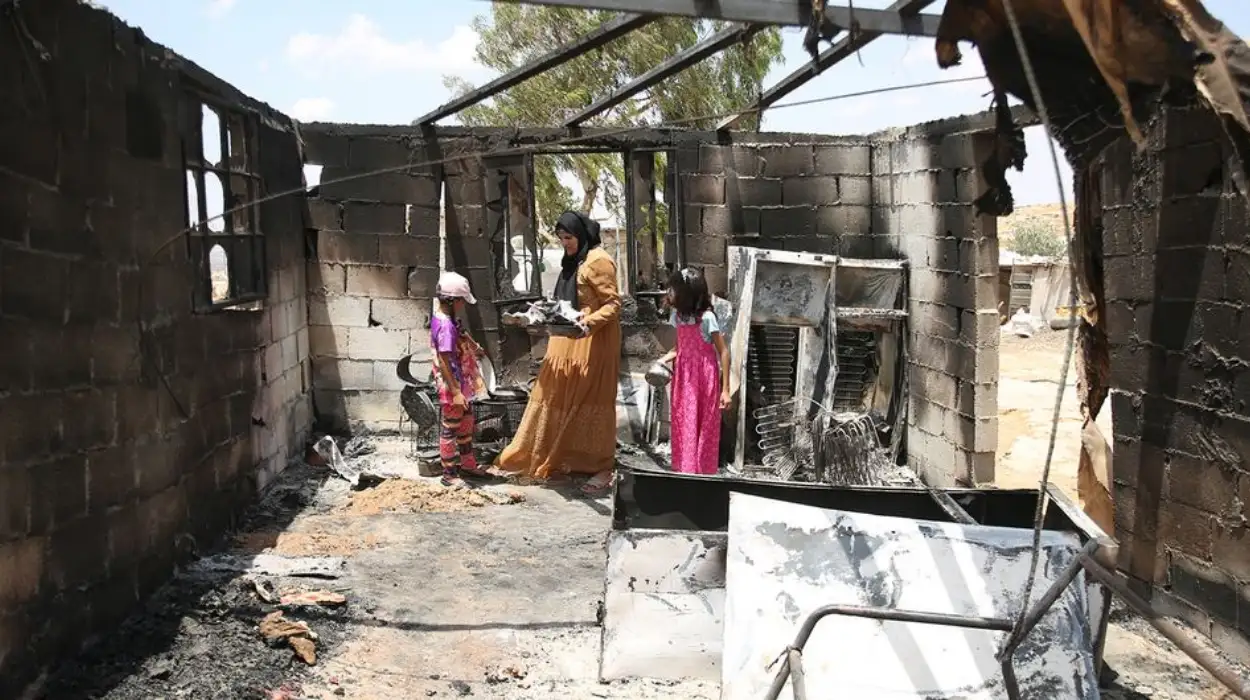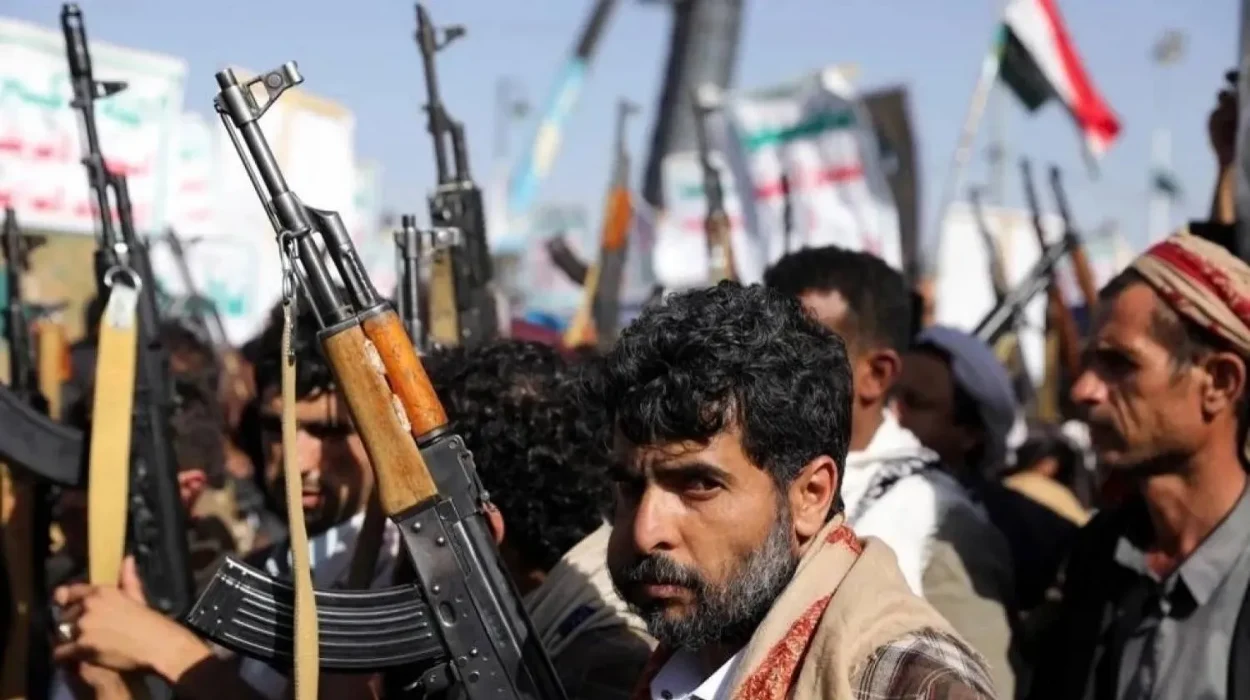In July 2025 the Srebrenica genocide will be thirty years old. In July 1995 Bosnian Serb forces slaughtered more than 8,000 Bosnian Muslim men and boys when the United Nations ordered the safe enclave of Srebrenica. This massacre is the event that has been declared as genocide by the International Criminal Tribunal for the former Yugoslavia (ICTY) as well as the International Court of Justice (ICJ) and it is a mark that is remembered in the European and world history of the atrocities carried out in the post-cold war era.
The remembrance activities in Bosnia and beyond Europe have created a new re-examination of the past history of violence, international insolvency and strength of survivors. The thirtieth anniversary has highlighted that Srebrenica is not a chapter in closed books but an open wound, which by no means ceased political, social, and legal discussions in the region.
Justice delayed: achievements and gaps in accountability
International tribunals and high-profile convictions
The trial and conviction of the major players of crimes by the ICTY including General Ratko Mladic and a political leader Radovan Karadži? were watersheds in international criminal justice. The life sentence handed to Mladic in 2017 on genocide, war crimes, and crimes against humanity was perceived by many as a milestone toward subsequent accountability in post-conflict. But there are numerous others who participated in the planning and execution of the genocide who have been able to avoid prosecution.
The collective body UN Mechanism of International Criminal Tribunals (MICT), which assumed the residual tasks of the ICTY, remains secluded in dealing with appeals and residual prosecution. Nonetheless, justice is coming in slowly thus angering the survivors and human rights activists that the process is not deep and urgent.
National courts and transitional justice efforts
In Bosnia and Herzegovina domestic war crimes trials have also occurred in the state-level Court of Bosnia and Herzegovina and the lower courts. Still, such initiatives are characterized by inconsistency, insufficient funds, and politicization. In Republika Srpska, the counteraction to recognize the genocide slows down the process of prosecution and corrupts transitional justice.
Political contradictions always seem to put on hold demands of a full truth and reconciliation commission. Survivors have made clear justice is not merely a matter of criminal sanction, but institutional, educational and reparative as well-some places where little headway has been made, and no progress at all.
Memory under threat: denial and the politics of history
Resurgence of denial in political discourse
With Bosnia facing three decades since Srebrenica, there is a persistent threat to genocide denial that is gathering pace. Milorad Dodik and other political leaders in Republika Srpska still do not accuse the massacre of genocide as it is defined internationally. Both media and education are becoming more serious about inflammatory claims and revisionist history, thus further polarizing the ethnicities.
The fact that in early July 2025, the Poto?ari Memorial Centre was closed temporarily, because of the serious threat of violence, highlights the high instability of memory and commemoration. To activists, denial is not merely talk and that it poses tangible risks to civil security and the soundness of historical truth.
The role of education and youth engagement
Youth has been considered to be of interest as an audience to preserve remembrance by educators and civil society groups. The Srebrenica Peace March, a kind of reenactment of the footsteps of the 100-kilometer one that was taken by the people who survived the previous genocide in 1995, has already shown itself as a form of effective historical education and interethnic discourse. Cultural undertakings like art galleries of victims designed by students, and victim testimony conferences seek to combat tedium and misunderstanding.
International agencies emphasize that it is not enough to remember some ceremonies carried out once a year. Denialism should be countered by creating resilience with ongoing educational efforts in schools and the media as well as the national dialogue.
Reconciliation in a fragmented political landscape
Post-Dayton political structures and ethnic divides
Bosnia and Herzegovina are still under the Dayton Accords, which ceased the war but made ethnic division a lifetime phenomenon. The division of power between the Bosniaks, the Croats and the Serbs has frequently resulted in political deadlock, leaving minimal room in terms of passing on a common national history and reconciliation.
In 2013, Republika Srpska was still trying to separate or destabilise central institutions and this poses risks towards unified governance. In the meantime, there are continued problems between political leaders in the Federation of Bosnia and Herzegovina regarding corruption, economic stability and international control.
Thirty years have brought back an argument on whether the political system in Bosnia and Herzegovina is capable of achieving any kind of meaningful reconciliation or whether the system requires changes in structure to ensure the refusal and entrenchment of the divisions.
Civil society’s role in bridging divides
It is the interest of survivor groups like the Mothers of Srebrenica that have moved forward with support of dialogue, justice, and memory. Such groups work under a challenging environment where they are usually met with hostility by local authorities and denialism groups. However, their quest has ensured that the memory of the victims is kept alive and certain pressure kept on the bosnian institutions by the international community.
The international NGOs and youth organizations and partnerships have developed small but significant reconciliatory holes. Nonetheless, such endeavors are disorganized and governments together with global donors do not offer consistent funding.
International responsibility and the global dimension
UN and EU involvement
The United Nations, that did nothing when the genocide occurred in 1995 in spite of the mandate by the Security Council, has even stated its fault more than once. UN Secretary-General António Guterres stated during the 2025 commemoration that “the shame of Srebrenica must never be forgotten,” calling on the world to strengthen mechanisms for genocide prevention.
The European Union, for its part, has made Bosnia’s progress on war crimes prosecution and minority rights a precondition for accession. Yet, the EU’s internal divisions and slow enlargement process have weakened its influence on domestic reform.
Renewed calls for vigilance against atrocity crimes
It is cautioned by human rights officials that the weaknesses of the international community at Srebrenica are still pertinent nowadays. The situations in Sudan, Gaza and Myanmar in 2025 have demonstrated that genocide prevention instruments remain underfunded and politically limited. Analysts say that Srebrenica has not been translated into effective early warning and more effective enforcement of international law.
Ingrid Macdonald who is an expert in human rights and former UN resident coordinator in Bosnia appeared in an interview with Al Jazeera on the problems of reconciliation which remain unsolved. She pointed out that
“justice alone is not enough; societal healing requires truth, education, and political courage.”
For 30 years, the women of Srebrenica — mothers, survivors, daughters, sisters — have led the fight for justice with unwavering courage. Their voices made the world listen. Grateful to @unirmct for honouring their legacy ahead of 11 July #Srebrenica30.@majkesrebrenice https://t.co/MJ9HkfXFAE
— Ingrid Macdonald ?? (@MacdonaldIngrid) July 9, 2025The human cost and survivor resilience
Testimony as truth
The strength of survivor testimony is one of the most powerful means of history preservation and fighting against denial. Stories of Munira Subaši? and other survivors have been used by these individuals to give the world their horrific experience as well as their current struggle to get justice after decades of narrating their horrors to the world. The international law, policy discussions and course content in education internationally have been influenced by their voices.
However, as the survivors get old and die, then younger generations are left with the duty of continuing their truth. To make sure that those testimonies do not get lost, advocacy groups are spending more effort and resources to digitize and record oral histories in digital archives.
Symbolic and psychological impact
The aftermath of Srebrenica has been the driving force regarding life in Bosnia outside the legal and political discussions. Remnants bear severe mental trauma and most engage in a displaced or impoverished life. But yearly memorials give an occasion of communal grieving and in the case of many, there is no justice.
To children and grandchildren of the victims, the massacre is not history, it is a matter of identity which they carry along in silence and inherit.
What remembrance means in 2025?
Thirty years later after genocide at Srebrenica, the world remains in suspense concerning the conflict between memory and denial, between justice and impunity. Time has not dulled the need of truth nor has it smoothed the political impediments of repair.
However, this inertia has an opposing force in the form of the heirs, teachers, and human rights activists. These anniversary events have served as a reminder to the world of the impossibility, on one hand, to see Srebrenica as a thing of the past and, on the other hand, the necessity to take care of the issues related to the topic of Srebrenica nowadays.
The world may not want to shoulder that burden–and it has not as yet–but do so it will–or will the world can quit with references to Bosnia and Herzegovina but not with the norms of international obligation against genocide and ethnic violence. The point is that we don t know whether remembrance
And what are the new mechanisms and pledges the international community will have to develop, so that the lessons of Srebrenica are not remembered only, but followed? It is not just about the memorials and the ceremonies but policy, education and across-generational vigilance.


